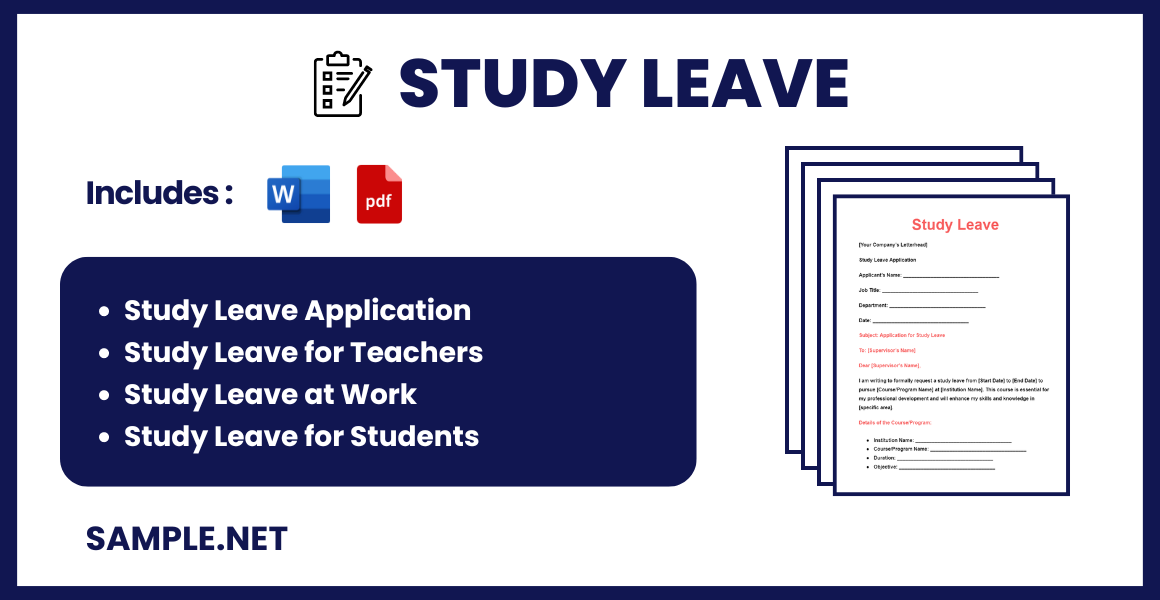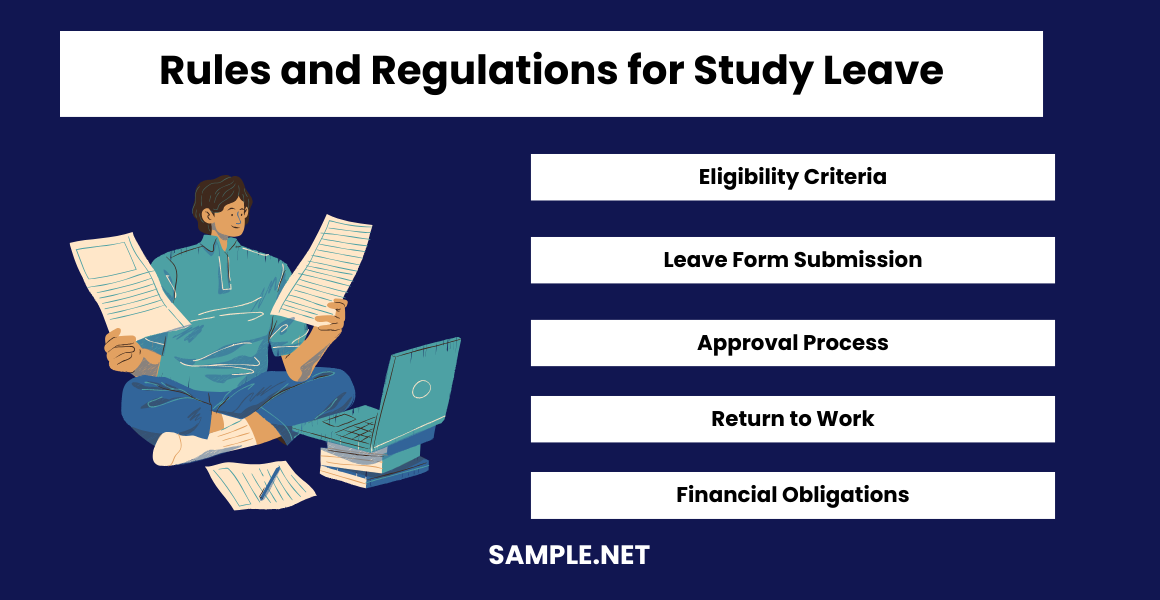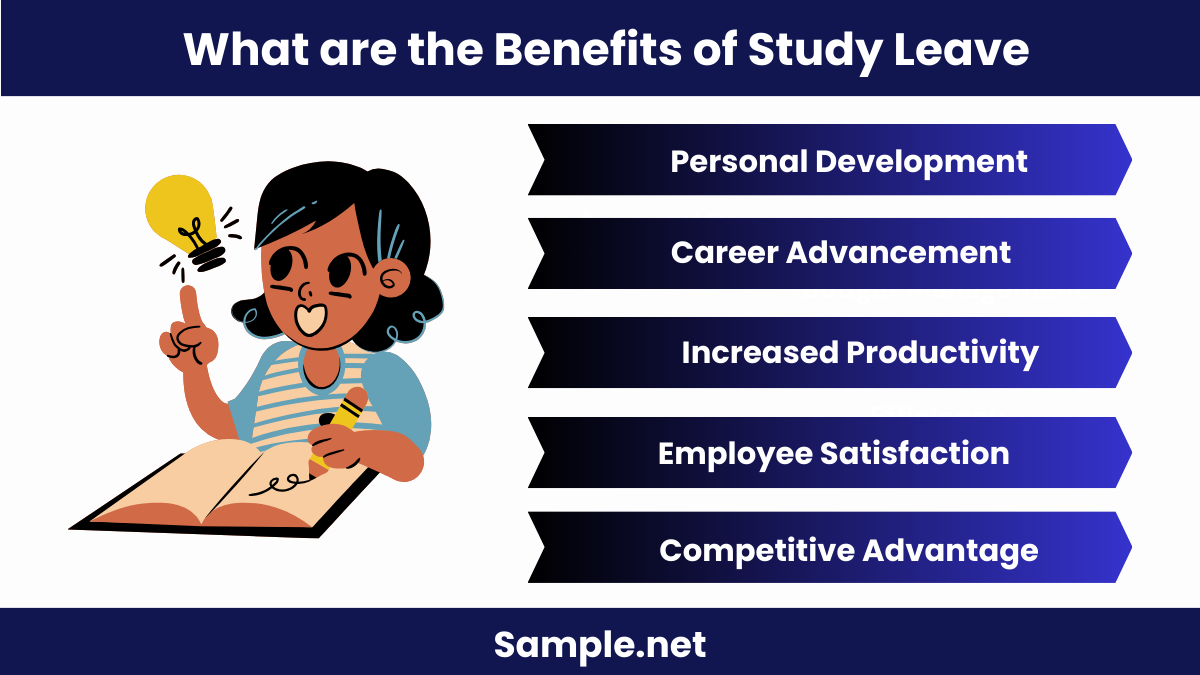Study Leave Samples
-
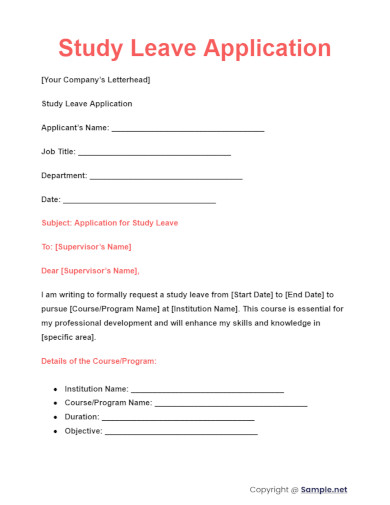
Study Leave Application
download now -
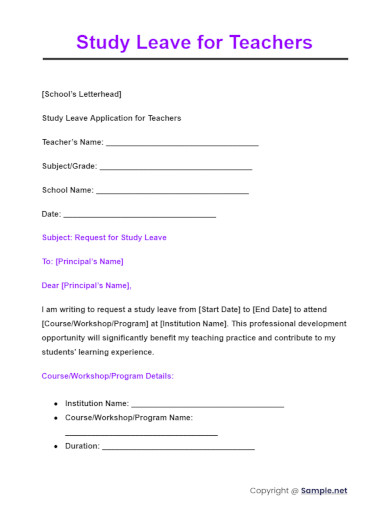
Study Leave for Teachers
download now -
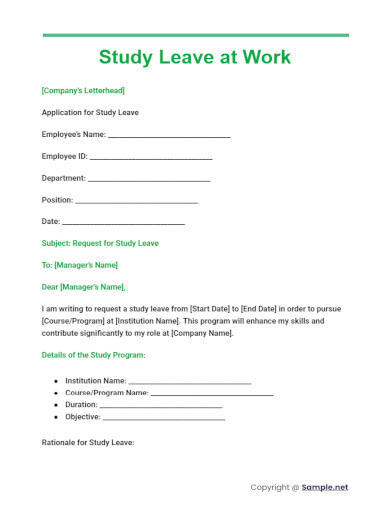
Study Leave at Work
download now -
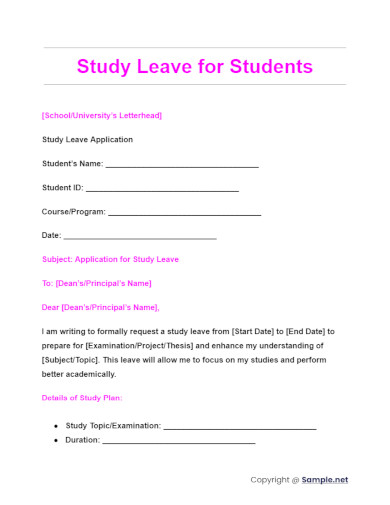
Study Leave for Students
download now -
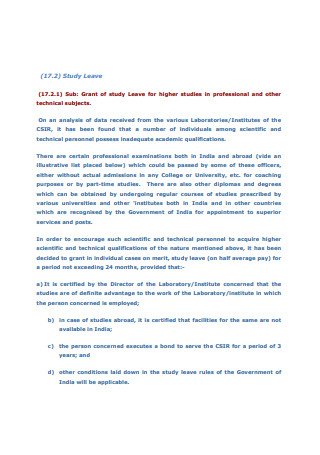
Study Leave
download now -
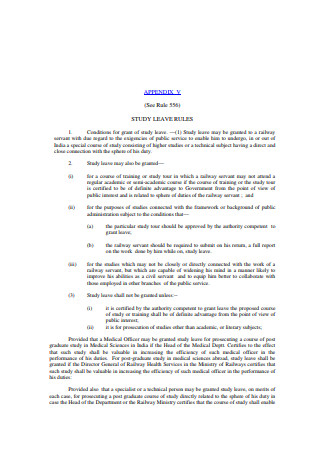
Study Leave Rules
download now -
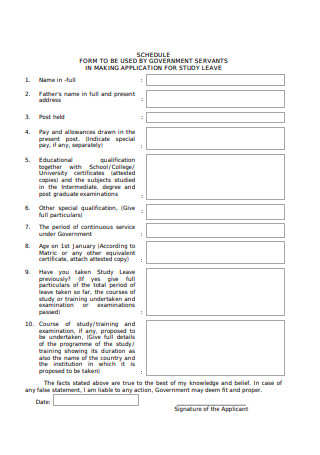
Application for Study Leave
download now -
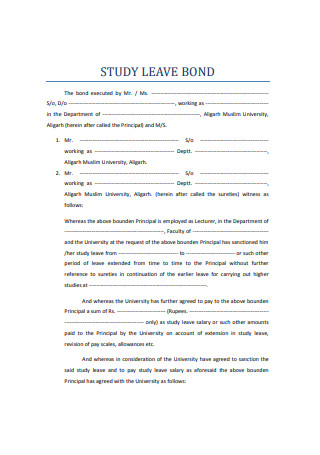
Study Leave Bond
download now -
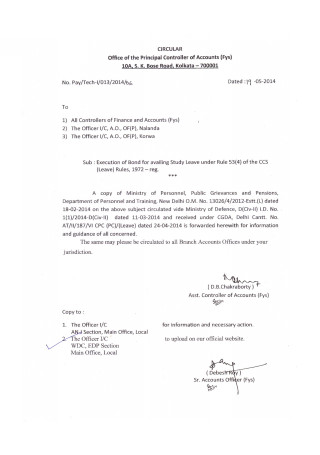
Study Leave Letter
download now -
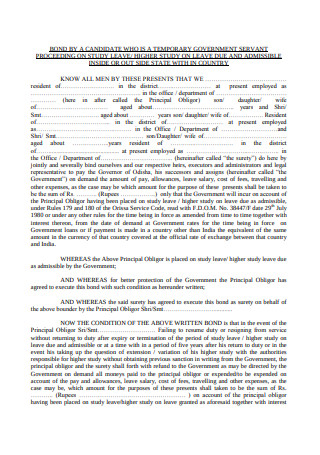
Study Leave Format
download now -
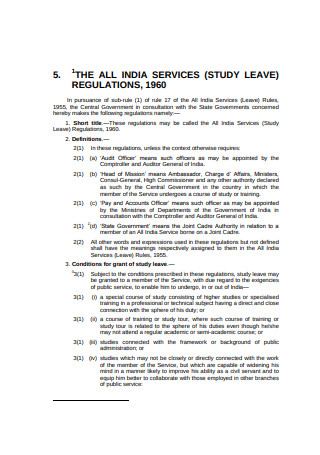
Basic Study Leave
download now -
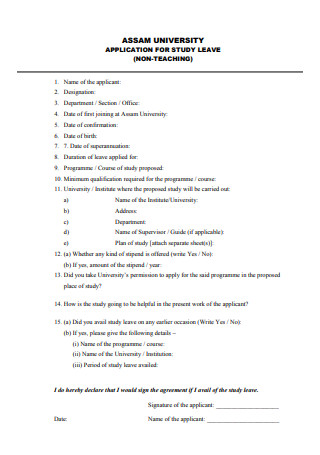
Application for Study Leave Example
download now -
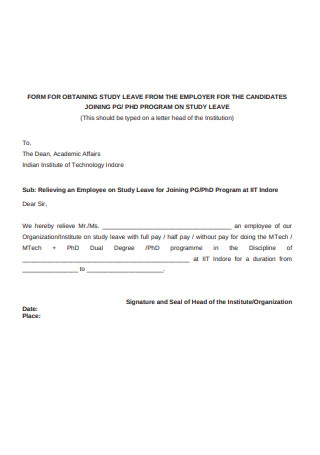
Study Leave Sample
download now -
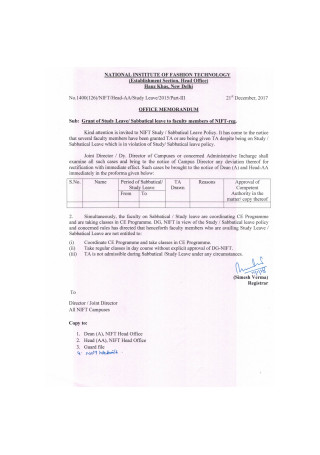
Grant of Study Leave
download now -
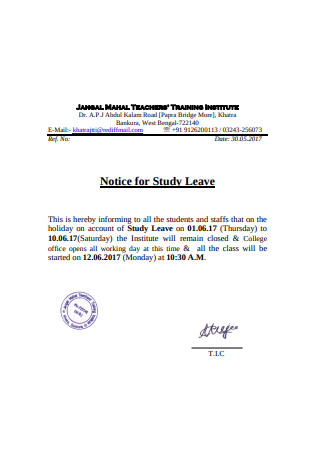
Notice for Study Leave
download now -
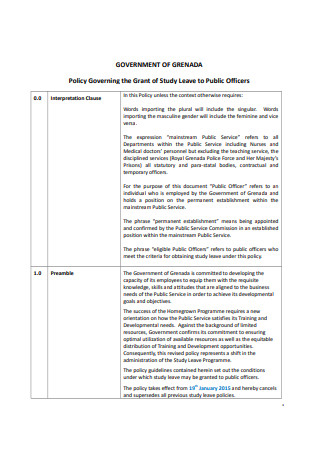
Study Leave Policy Format
download now -
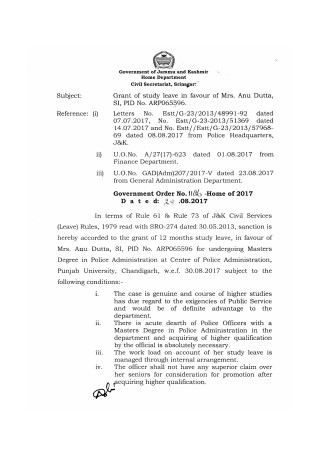
Sample Study Leave
download now -
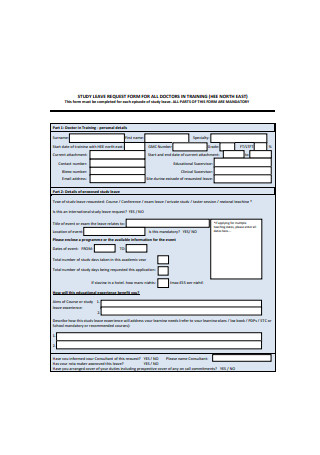
Study Leave Request Form
download now -
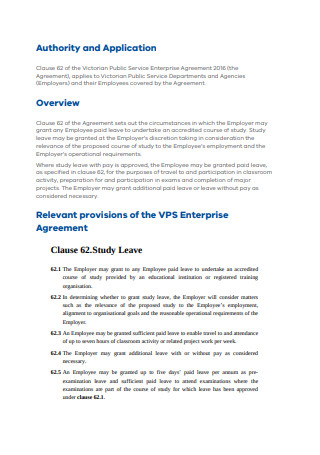
Basic Study Leave Format
download now -
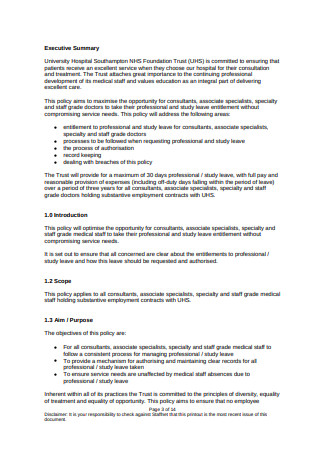
Study Leave Policy
download now -
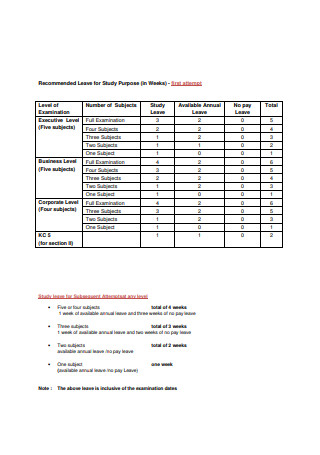
Recommended Leave for Study
download now -
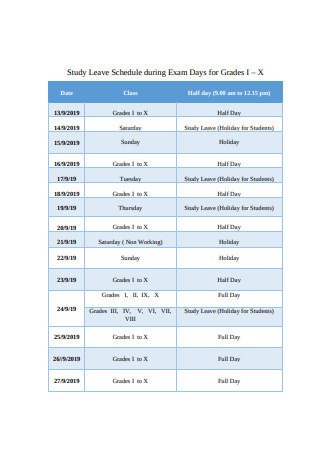
Study Leave Schedule
download now -
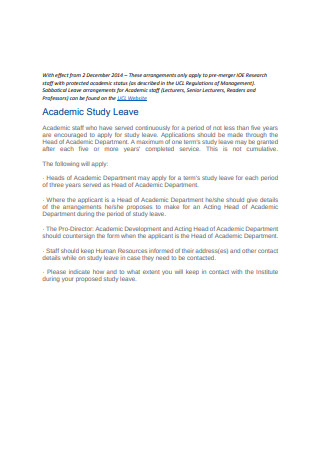
Academic Study Leave
download now -
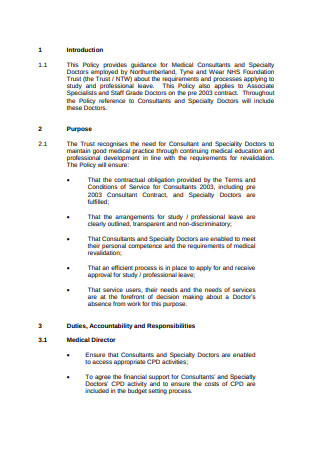
Basic Study Leave Policy
download now -
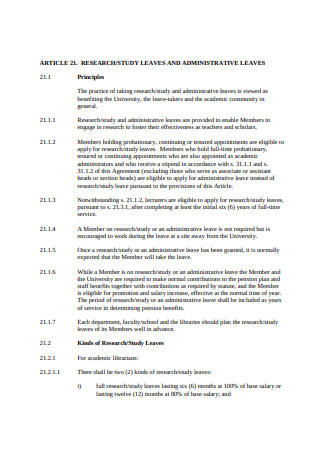
Study Leave Example
download now -
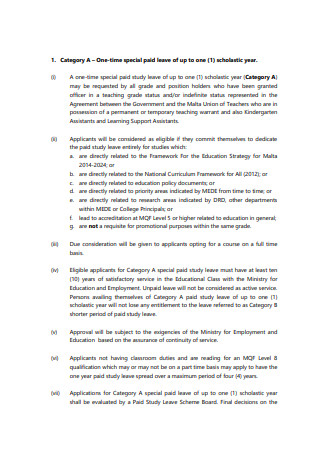
Paid Study Leave
download now -
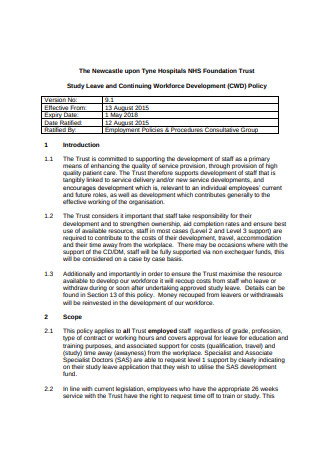
Sample Study Leave Policy
download now -
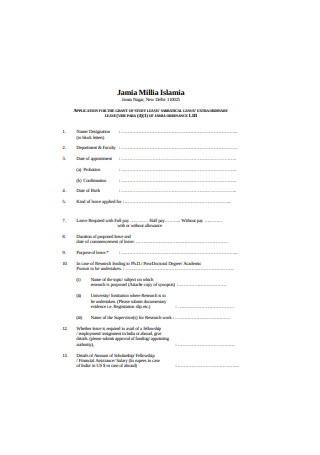
Application for Study Leave Format
download now -
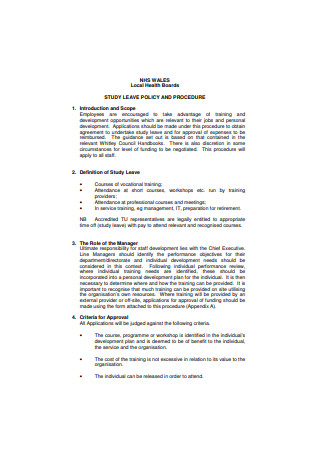
Study Leave Policy and Procedure
download now -
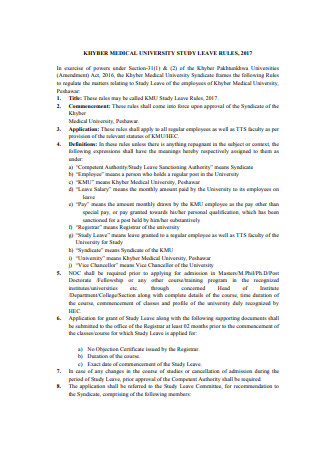
Study Leave Rules Format
download now -
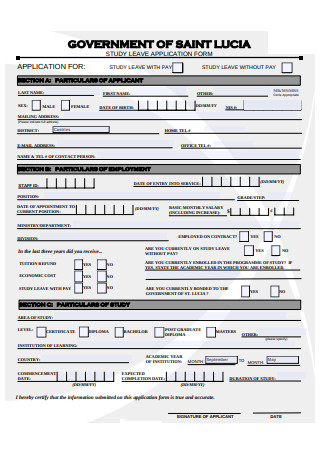
Study Leave Application Form
download now -
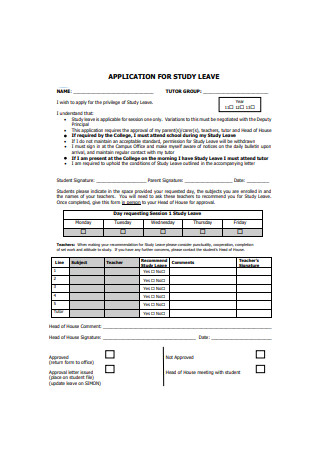
Application for Study Leave Sample
download now -
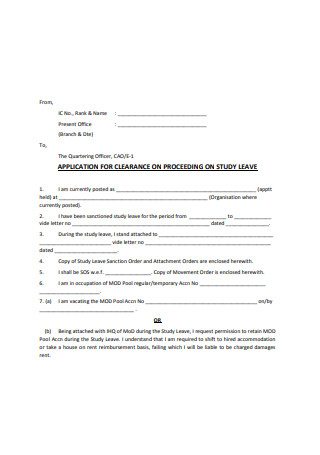
Basic Study Leave Example
download now -
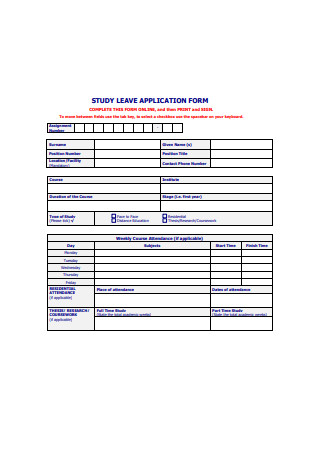
Sample Study Leave Application Form
download now -
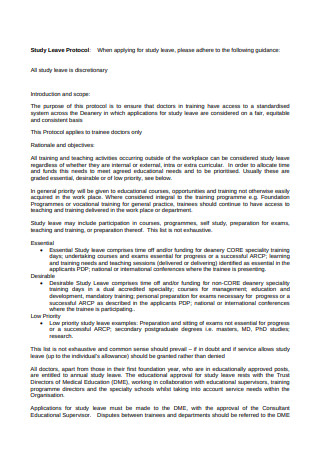
Study Leave Protocol
download now -
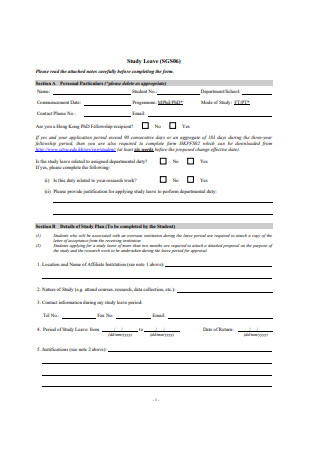
Printable Study Leave
download now -
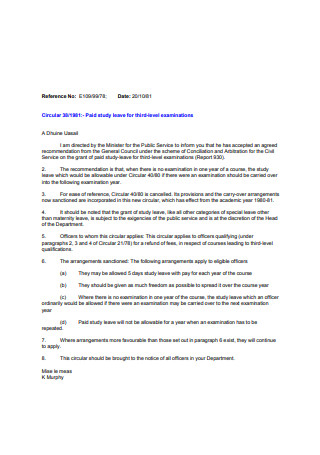
Paid Study Leave Format
download now -
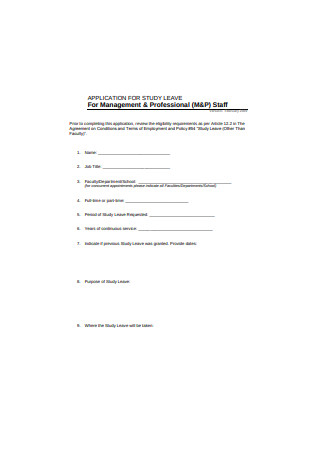
Basic Application for Study Leave
download now -
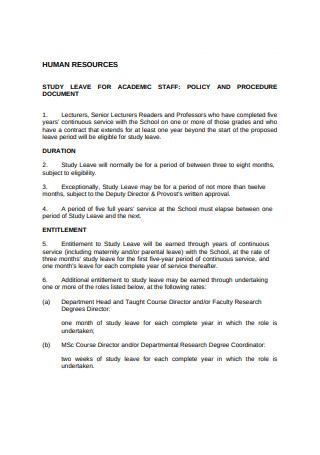
Study Leave Procedure
download now -
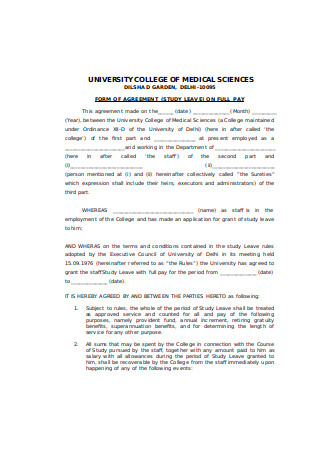
Printable Study Leave Format
download now -
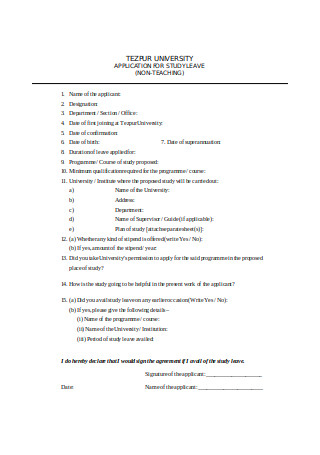
Sample Application for Study Leave Format
download now -
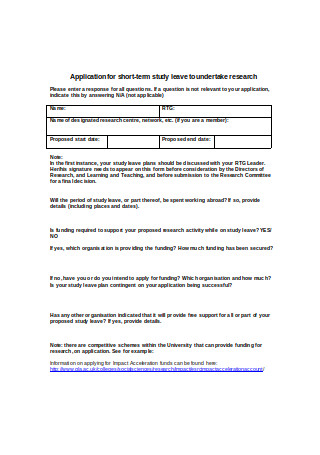
Basic Application for Study Leave Format
download now -
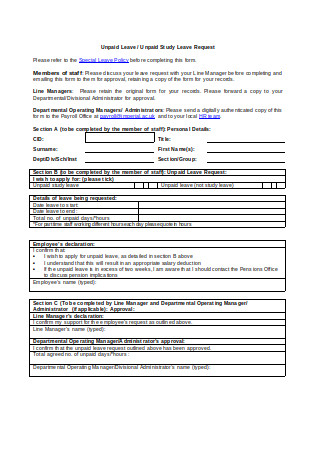
Unpaid Study Leave Request
download now -
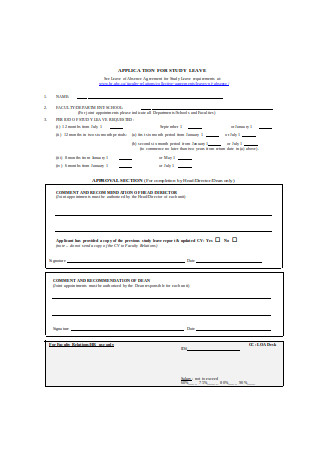
Basic Application for Study Leave Example
download now -
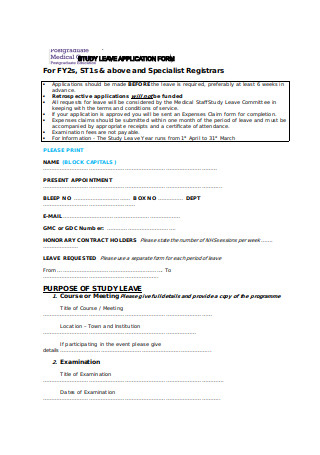
Standard Study Leave Application Form
download now -
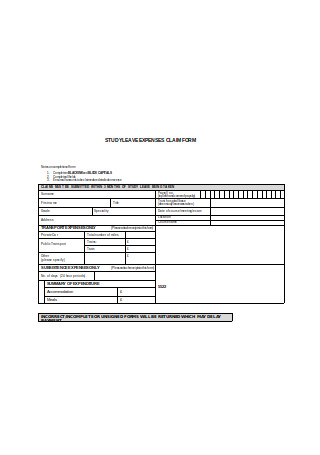
Study Leave Expenses Claim Form
download now -
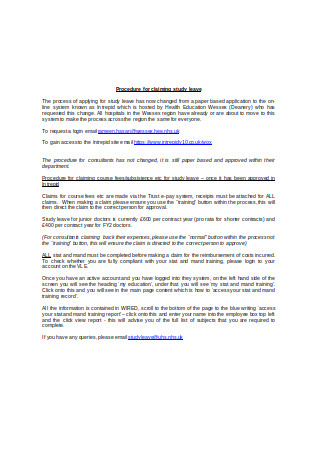
Study Leave Procedure Format
download now -
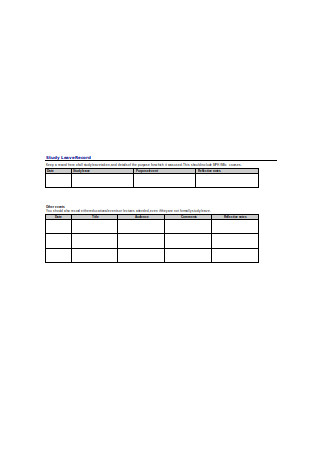
Study Leave Form
download now -
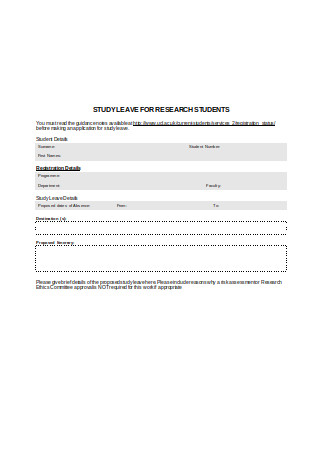
Study Leave for Research Students
download now -
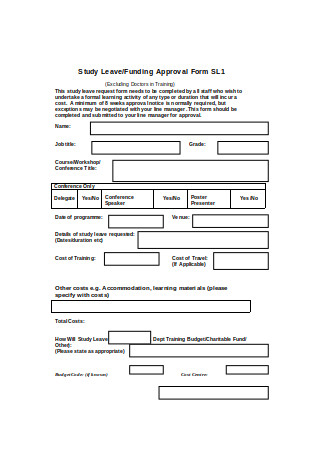
Study Leave Form Example
download now -
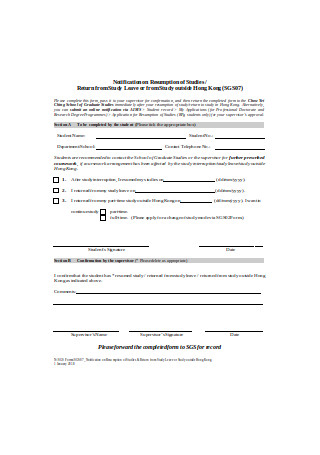
Simple Study Leave
download now -
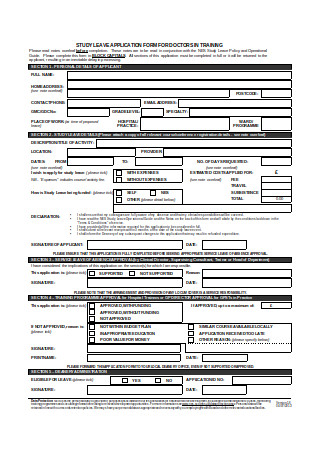
Study Leave Application Form Sample
download now -
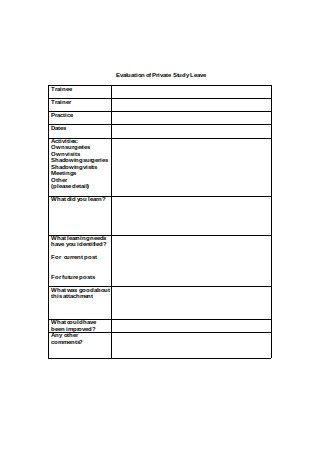
Basic Study Leave Sample
download now -
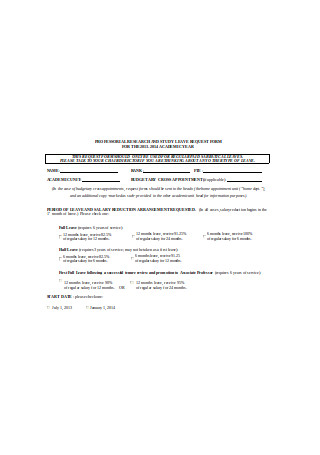
Study Leave Request Form Sample
download now -
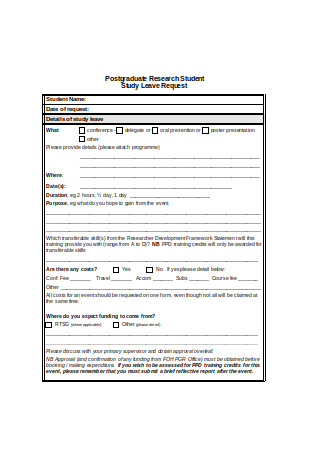
Post Graduate Research Student Study Leave Request
download now -
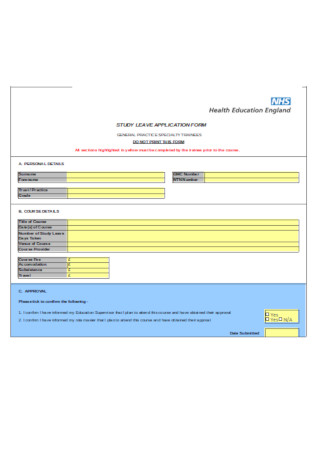
Sample Study Leave Application Form Template
download now
FREE Study Leave s to Download
Study Leave Format
Study Leave Samples
What is Study Leave?
Why Study Leave is Necessary?
So, Why Pursue Higher Education?
The Fruits of Study Leaves
How to Write a Winning Study Leave Request
Types of Study Leave
Rules and Regulations for Study Leave
Challenges of Providing Study Leave
What is Take a Leave of Absence?
What are the Benefits of Study Leave?
What does taking your leave mean?
What is the meaning of leave and let go?
When am I allowed to take leave?
Why do employees take leave?
Can you quit while on a leave of absence?
Does take leave mean goodbye?
Study Leave Format
1. Sender’s Information
- Name
- Title
- Department
- University/Organization Name
- Address
- City, State, Zip Code
- Phone Number
2. Date
3. Recipient’s Information
- Name
- Title
- Department
- University/Organization Name
- Address
- City, State, Zip Code
4. Salutation
- Dear [Recipient’s Name],
5. Body
- Purpose of Leave
- Duration of Leave
- Course/Program Details
- Supporting Information
6. Closing
- Thank You Note
- Sincerely,
- Your Name
- Your Title
What is Study Leave?
Study leave is a period granted to employees or students to focus on their education or training. It allows individuals to take time off from their regular duties to prepare for exams, attend courses, or complete assignments. This leave aims to enhance their knowledge and skills, contributing to personal and professional development.
Why Study Leave is Necessary?
With the abundance of specific kinds of leaves, study leaves are unique to the education industry. It is one of the many options provided by the academe to continually develop the potential of its members. Study leaves are opportunities of the teaching staff to take time off of work to enroll themselves in higher education programs or a series of training that is relevant to their current practice. They can also choose to spearhead or join groups to conduct long-term researches. Together with sabbatical and family leaves, study leaves can go for several days to two whole years. But its longevity is highly reliant on the employee’s tenure. Study leaves are essential in providing quality service to the institution’s stakeholders who are, primarily, the students. In another context, a different kind of study leave exist. It also means students’ time off from regular school schedules to focus on studying for upcoming exams. These short breaks are standard practice in British schools.
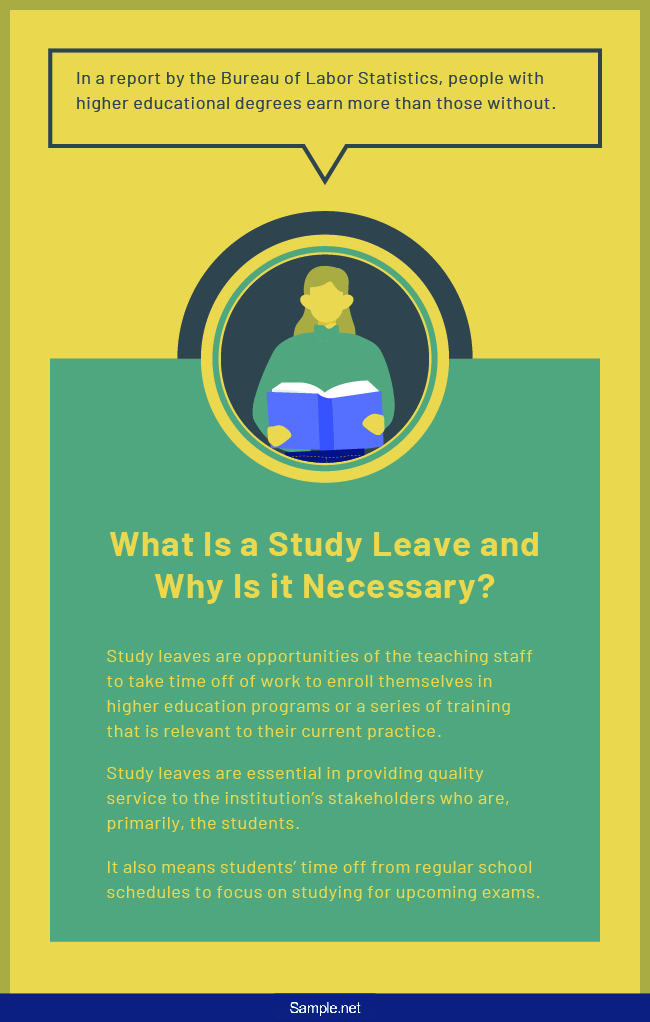
So, Why Pursue Higher Education?
In this hypercompetitive environment, everyone wants to get ahead, and most people ascribe success to quality education. That is why, despite the never-ending deadlines and tireless nights of chasing deadlines, working people opt to go back to school. It is clearly more than having another diploma to hang or another certificate to file. Pursuing higher education holds the promise of a better quality of life. Professionally, learning more about your current profession opens doors to more corporate opportunities. You also become a more valuable asset in your company. In a report by the Bureau of Labor Statistics, people with higher educational degrees earn more than those without. Making more money is just one of the other practical benefits that higher education brings. It also has a positive effect on a person’s health, mainly on reducing stressors. Having a chance to earn and save more significantly lessens a person’s worries about living comfortably every day. Higher education provides opportunities for an employee to have more than enough resources to spend on daily necessities and emergencies.
Aside from its practical benefits, it provides a crucial role in personal development. It is the perfect avenue for a working person to pursue their passion. Most often, people stray away from their passion because it is labeled as impractical. You may know someone who was forced to take up a course that was decided for them. Pursuing a master’s degree or a doctorate is their chance to go back and learn more about their passion. And in the process of their education, people hone their acquired skills from the years of their previous education. Some become better communicators, researchers, and writers. It can also be the place to learn new skills that are necessary for this generation. On the other hand, it is also an opportunity to take on new paths. It may be the last potent push for a career change.
It Pays to Be Accomplished
Ultimately, accomplishing a degree while working ingrains a more profound sense of discipline. Discipline in following a rigid schedule to achieve the necessary tasks. Juggling work and academics is never an easy feat. Both responsibilities demand time, focus, and excellence. And on the flip side, failures and setbacks in one significantly affect the other. Aside from that, accomplishing a difficult task marks a great sense of achievement. This feeling of accomplishment substantially contributes to how a person sees and evaluates himself—esteem and self-worth. This achievement may only be the stepping stone for achieving more milestones later in life.
In essence, money is not the only driving force for people to take up higher education. The opportunity to be better in different aspects of life is a more potent force. How about you? Have you thought about your reason behind your motivation to pursue higher education?
The Fruits of Study Leaves
The main purpose of the study leaves is to provide a significant time away from work to focus on achieving an academic-related smart goal. Achieving the set goal is an expected benefit. But, having time away from work rakes in other considerable benefits that are not only advantageous for the individual, but also the academic institution. These other benefits are often intangible, far from the surface area, as compared to the completion of a full program. But, despite it, its positive contribution weighs in similarly.
How to Write a Winning Study Leave Request
Even if you have everything planned out for your supposed study leave, if your request is not approved, it does not matter. A primary tool in increasing the chance of continuing your education is your study leave application or request letter. It can make or break your entire plan. Your application letter should draw in attention and interest in your plan. Make sure to use it to your advantage. Here are some steps and tips on how you should format your formal letter to win a study leave opportunity.
Step 1: Review your Organization’s Standards
Before wording your request, review your university’s policy regarding study leaves. By examining the set regulations, you can make sure that your qualifications and credentials are suitable for either a paid or unpaid study leave. You can also use the standards of the university as a reference when you still do not have plans for the leave. In most cases, tenure is a primary basis for the approval of the duration of the leave. Employees who are with an organization for less than a year are entitled to several days of leave; these days are usually for attending a series of training. For employees who are with the institution for more than five years, they can take time off work for several months up until a whole academic year. The eligibility of the candidate for the leave is just one of the factors to review and consider when looking up your institution’s study leave policy.
Step 2: Be Clear with your Objectives
Your application letter must represent the entirety of your study plan. Start with indicating the precise and straightforward reasons for requesting the leave. Although the reasons for applying study leaves may seem apparent, state personal objectives. A pro tip from Jeff Weiss, president of Lesley University, states that you will get more support and positive feedback if you frame your goals as developmental. You can do it by expressing the impact of the opportunity on your career and on what you can contribute to the organization. Always consider the larger picture. It is also an excellent practice to review the long term goals of the organization and align your objectives with it. There is a higher likelihood of your request’s approval.
Step 3: Introduce the Plan
After setting up the framework of your letter, which are the objectives, mention a brief of your intended study leave program. If you choose to enroll in a program, provide the specifics. The name of the school, the courses, and the schedule. Similar information is necessary when attending training or seminar. As for undergoing research, it is best to introduce the topic of the study, methods of analysis, and the other researchers who are part of the program. Providing the specifics of your plan in the request letter leaves the impression that you are fully knowledgeable of what you are getting into.
Step 4: Close with a Hopeful Note
Before closing your application letter, review the content first. Make sure that all the details are accurate, and it bears the appropriate tone. After making sure that all the necessary details are present, close the letter in a hopeful note. State that you are anticipating a favorable response. You can also express that you are open to personal meetings to discuss the request further. While writing your letter’s salutation, practice framing your statements positively. Positive framing of statements and requests emits a similar emotion from the readers. It is an ideal technique to practice primarily in petitions or application letters.
Step 5: Prepare for Possible Delays and Setbacks
Most study leave requests are approved, but not right away. Sometimes, a request falls on a season where the availability of the staff does not reach the demand. Delays in these applications are highly probable. Rejection of these requests happens when the applicant is not eligible. So, do not worry too much if the approval of your request comes with the condition of a later date. These conditions are mostly a result of staffing needs. You may also see Employee Leave Schedules
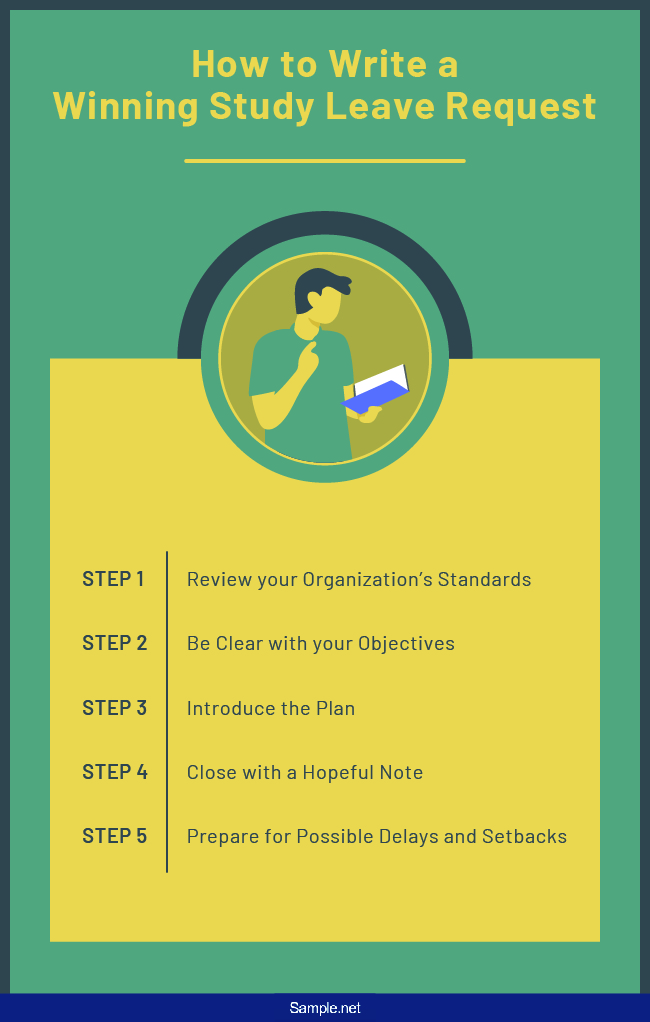
Types of Study Leave
Understanding the various types of study leave helps employees and employers plan effectively. These types include:
- Full-time Study Leave: Employees take a break from work to study full-time, often for a semester or academic year.
- Part-time Study Leave: Allows employees to attend classes part-time while still fulfilling some work duties.
- Paid Study Leave: The employer continues to pay the employee’s salary during their study leave.
- Unpaid Study Leave: Employees take time off without pay to pursue their studies.
- Short-term Study Leave: Typically for short courses or workshops that last from a few days to a few weeks. You may also see Maternity Leaves
Rules and Regulations for Study Leave
Adhering to specific rules and regulations ensures that study leave is managed effectively. Key rules include:
- Eligibility Criteria: Employees must meet certain criteria, such as tenure and performance, to qualify for study leave.
- Leave Form Submission: Employees must submit a detailed Sick Leave Plan specifying the duration and purpose of the leave.
- Approval Process: The leave must be approved by the relevant authorities within the organization.
- Return to Work: Employees must return to work immediately after the study leave ends, with no extensions unless approved.
- Financial Obligations: Any financial support provided by the employer may need to be repaid if the employee leaves the organization shortly after the leave. You may also see Forced and Mandatory Leave
Challenges of Providing Study Leave
While study leave is beneficial, it also presents several challenges for organizations. These challenges include:
- Resource Management: Finding temporary replacements for employees on study leave can be difficult.
- Financial Impact: Paid study leaves can be a significant financial burden on the organization.
- Disruption of Workflow: The absence of key employees can disrupt normal business operations.
- Commitment Issues: Employees may not return to the organization after their study leave, leading to potential losses.
- Policy Enforcement: Ensuring that all employees adhere to the rules and regulations can be challenging for HR departments. You may also see Unpaid Leaves
What is Take a Leave of Absence?
A leave of absence is a period during which an employee is permitted to be away from work for various reasons. This can include:
- Personal Reasons: Employees may need time off for personal matters that require their full attention.
- Medical Reasons: Sick leave email are a common form of leave of absence for health-related issues.
- Educational Pursuits: Employees may take a leave of absence to pursue further education, such as Annual Leave Plan.
- Family Responsibilities: Time off may be needed to care for a family member or deal with family-related issues.
- Other Reasons: This can include any other valid reason agreed upon by the employer and employee. You may also see Paternity Leave
What are the Benefits of Study Leave?
Study leave offers several advantages for employees seeking to enhance their skills and knowledge. These benefits include:
- Personal Development: Employees can gain new skills and knowledge, contributing to their personal and professional growth.
- Career Advancement: Acquiring additional qualifications can lead to promotions and better job opportunities within the organization.
- Increased Productivity: Well-educated employees are more efficient and can bring innovative solutions to the workplace.
- Employee Satisfaction: Offering study leave can improve job satisfaction and employee morale, leading to higher retention rates.
- Competitive Advantage: Organizations benefit from having a more skilled workforce, enhancing their competitive position in the market. You may also see Leave of Absence
What does taking your leave mean?
Taking your leave means formally requesting time off from work or other responsibilities, often for personal, educational, or medical reasons, such as following a Feasibility Study Report.
What is the meaning of leave and let go?
Leave and let go means to release or relinquish control over something or someone, allowing freedom and moving on, similar to completing a Case Study.
When am I allowed to take leave?
You are allowed to take leave based on company policies, eligibility criteria, and approval processes. For example, a Research Study Plan might require pre-approval.
Why do employees take leave?
Employees take leave for various reasons, including personal needs, health issues, and educational pursuits, such as following a Weekly Study Schedule for skill enhancement.
Can you quit while on a leave of absence?
Yes, you can quit while on a leave of absence, but it’s crucial to follow company procedures and provide proper notice, even if following a Five Day Study Plan.
Does take leave mean goodbye?
Taking leave can mean a temporary or permanent goodbye, depending on the context, similar to concluding a Case Study Analysis.
In conclusion, study leave is a valuable opportunity for personal and professional growth. By using study schedules, forms, and letters, you can effectively plan and utilize your study leave. Properly structured Study Schedules ensure focused and productive use of this time, leading to successful learning outcomes. Make the most of your study leave to advance your career and academic goals.

